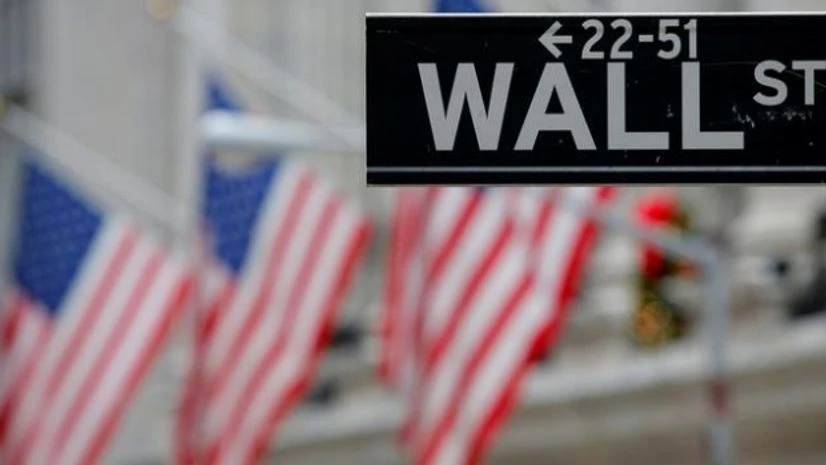US stocks rose on Thursday as fears of a global trade war eased after President Donald Trump promised great flexibility toward the United States' "real friends" as he prepared to impose hefty import tariffs.
Worries over the likelihood of a global trade war triggered by Trump's tariff plans have dominated markets since last Thursday, with chief economic adviser Gary Cohn's exit heightening such concerns.
But a White House spokeswoman's announcement that Trump's tariffs plan may include "potential carve-outs for Mexico and Canada based on national security, and possibly other countries as well" helped the US markets recover on Wednesday.
"Anything that would suggest a little bit of a roll back from the tariffs is viewed as positive," said Scott Brown, chief economist at Raymond James in St. Petersburg, Florida.
Trump had been expected to sign a proclamation imposing 25 percent tariffs on steel imports and 10 percent on aluminum later in the day, but this could slide into Friday.
The plan has faced with strong opposition from most of key partners, with Europe and China warning they would respond in the event of a trade war with the United States.
More From This Section
By 9:35 a.m. ET, the Dow Jones Industrial Average rose 0.54 percent to 24,935.79. The S&P 500 gained 0.37 percent to 2,736.94 and the Nasdaq Composite jumped 0.49 percent to 7,432.77.
Express Scripts was among the top boosts to the S&P 500, rising 14 percent after health insurer Cigna agreed to buy the pharmacy benefits manager for $54-billion deal. Cigna shares slipped 7.6 percent.
The deal boosted the S&P healthcare index, up 0.29 percent. But the top gainers were industrials and technology stocks.
Kroger fell 8.8 percent after the supermarket chain issued a disappointing full-year profit forecast.
American Eagle Outfitters turned 9 percent lower after trading up premarket.
A Labor Department report showed initial jobless claims rebounded from a more than 48-year low last week, but the trend continued to point to robust labor market conditions.
A comprehensive reading on jobs and wage is expected on Friday. The average hourly earnings is expected to slow to 2.8 percent in February on an annualized basis, from 2.9 percent in January.
Investors are worried that higher wages could lead to faster interest rate increases by the Federal Reserve and make borrowing expensive for companies.
Advancing issues outnumbered decliners on the NYSE by 1,835 to 606. On the Nasdaq, 1,641 issues rose and 655 fell.

)
